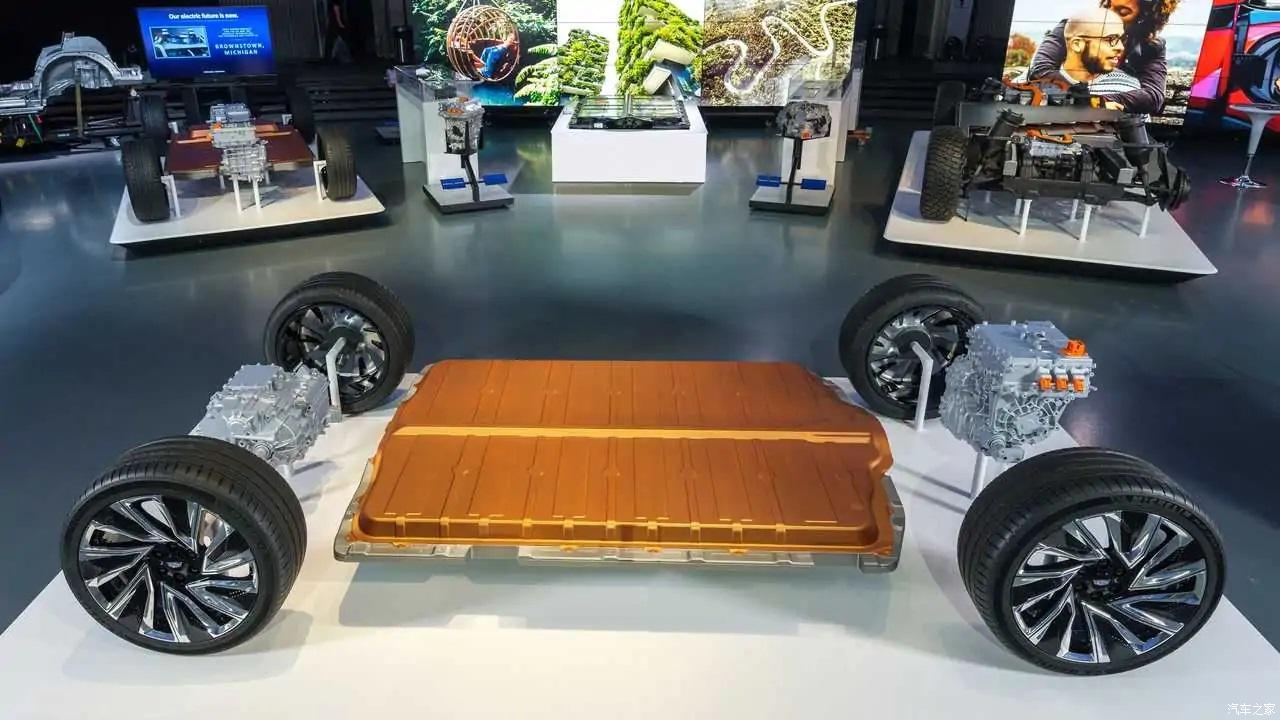Recently, the Passenger Car Association released an analysis of the national passenger car market in July 2022. It is mentioned in the analysis that after the sharp decline in the number of fuel vehicles in the future, the gap in national tax revenue will still need the support of the electric vehicle tax system. The taxation of electric vehicles in the stages of purchase and use, and even the scrapping process, is an inevitable trend.

According to a case mentioned in the market analysis, the Swiss government recently stated that due to the vigorous development of new energy vehicles and the increase in purchasing power, the taxation from traditional fuel vehicles is decreasing, especially the high taxation of gasoline and diesel. A new tax on vehicles powered by electricity and other alternative energy sources will help fill the funding gap for road construction and maintenance.
Looking back at China, the international crude oil price has continued to soar to around US$120 in the past two years, and the price of my country’s refined oil has continued to rise. Correspondingly, electric vehicles such as mini cars and small cars in China’s auto market have continued to strengthen in the past two years. The advantage of low cost is the core driving force for the development of new energy. This year’s explosive growth of electric vehicles under high oil prices also fully shows that it is the result of the user’s market choice. The low cost of electric vehicles brought about by low electricity prices and preferential electricity prices for residents is the biggest advantage of electric vehicles. In particular, our consumers are driven by the low cost of electric vehicles to buy electric vehicles. Intelligence is mainly reflected in the demand characteristics of mid-to-high-end vehicles.
According to statistics from international energy-related agencies, in 2019, the electricity price for residents in my country ranked second from the bottom among the 28 countries with available data, with an average of 0.542 yuan per kilowatt-hour. Compared with other countries in the world, the electricity price for residents in my country is relatively low, and the electricity price for industry and commerce is relatively high. It is estimated that the next step for the country is to improve the tiered electricity price system for residents, gradually ease the cross-subsidy of electricity prices, make electricity prices better reflect the cost of power supply, restore the commodity attributes of electricity, and form residential electricity prices that more fully reflect electricity costs, supply and demand, and resource scarcity. mechanism.
At present, the vehicle purchase tax for traditional fuel vehicles is 10%, the maximum consumption tax levied on the engine displacement is 40%, the refined oil consumption tax levied on the basis of refined oil is 1.52 yuan per liter, and other normal taxes. These are the auto industry’s contribution to economic development and state tax contributions. Paying taxes is honorable, and consumers of fuel vehicles have a heavy tax burden. After the number of fuel vehicles will shrink sharply in the future, the gap in national tax revenue will still need the support of the electric vehicle tax system. The taxation of electric vehicles in the stages of purchase and use, and even the scrapping process, is an inevitable trend.
Post time: Aug-10-2022